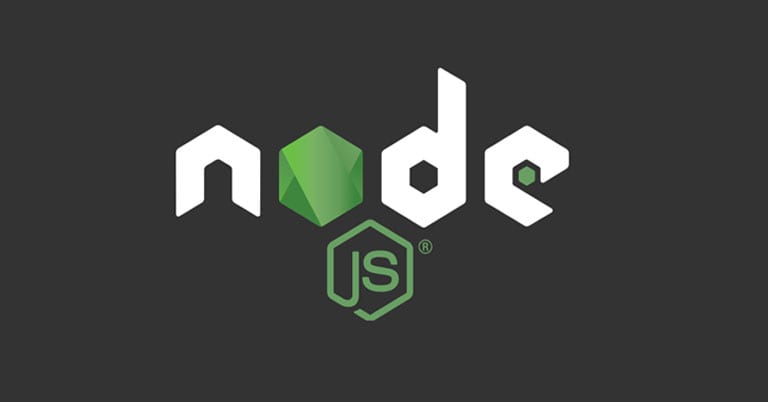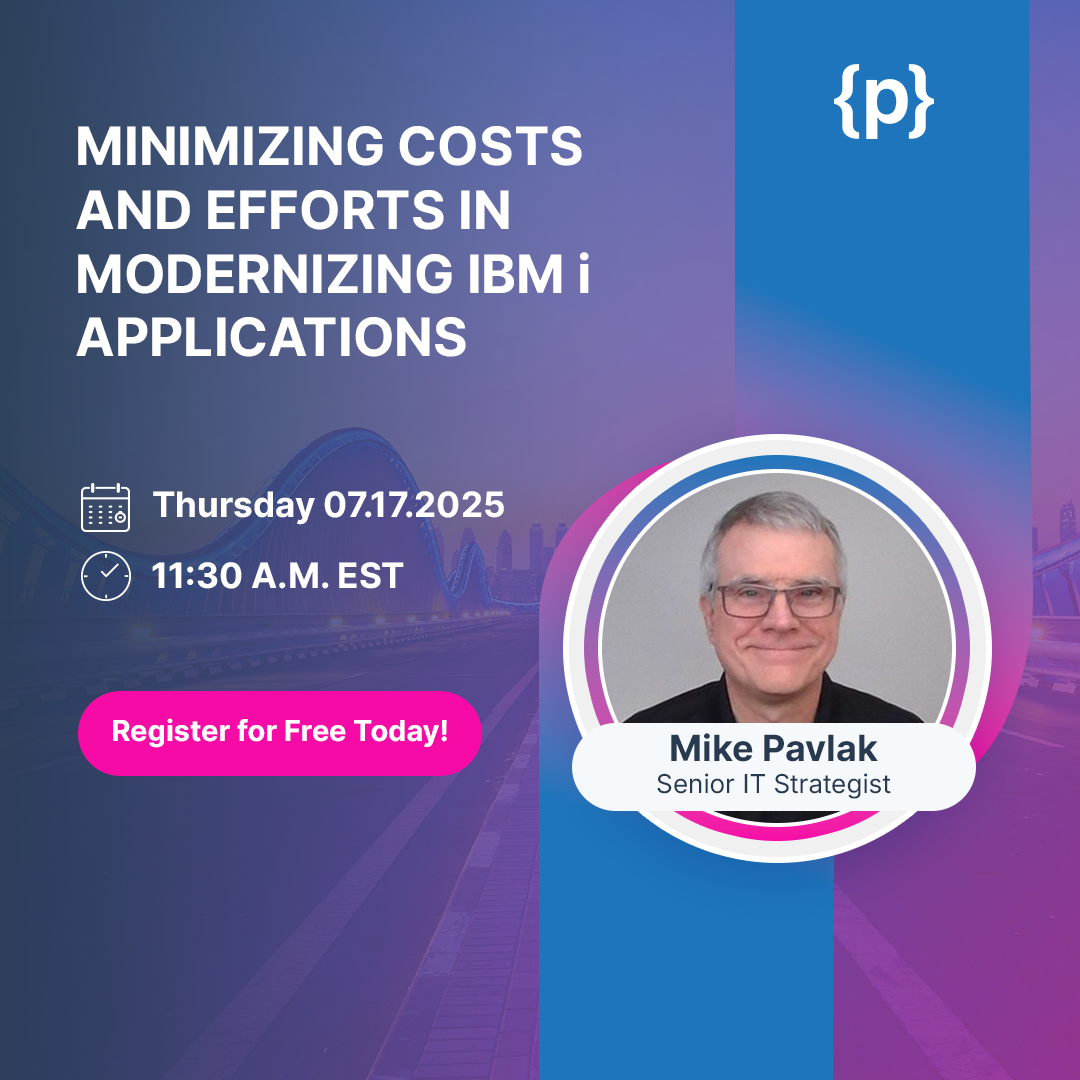NodeJS development for your Online Business
Node.js is a server-side development platform created on Google Chrome’s JavaScript V8 Engine, which is known for its impeccable scalability. NodeJS is popular amongst web developers and a consistent part of web development technology stacks like MEAN and MERN. In this article, we will review the benefits and drawbacks of NodeJS development.
Overview
Although used primarily for server-side programming, NodeJS offers additional features. It’s neither a library nor a framework, but a comprehensive run time environment dedicated to server-side applications. To work better with the technology, hire Node.js developers who are experienced in almost every industry application.
NodeJS is a single programming language, which allows developers to write code both front-end and back-end code for server-side applications. The platform is adopted by some of the biggest companies in the market, including giants like Twitter, NASA, and Walmart. It is ideal for building scalable and efficient REST APIs. However, many Node.js developers build a variety of solutions, including hybrid mobile applications, the Internet of Things, and desktop applications.
Two features stand out in NodeJS development the most, namely, its event-driven nature and non-blocking I/O model. Both these features lay the foundation for NodeJS’s efficient, lightweight, and fast setup.
Advantages of NodeJS
Optimized for web development, NodeJS offers web developers multiple advantages.
Optimized for JavaScript
JavaScript is one of the building blocks of the web. Being universally compatible, it’s a constant part of web applications. NodeJS is optimized to handle the event loop mechanism in JavaScript, making it ideal for any application written in JavaScript.
Support for JSON
JSON (JavaScript Object Notation) is an accessible data exchange format, critical for JavaScript applications. Before JSON, JavaScript developers had to pay additional attention when processing dynamic JavaScript data in the browser.
JSON introduced the NoSQL database, a format made exclusively for JavaScript. By using JSON, developers can now create APIs efficiently. Therefore, NodeJS’s support for JSON helps us build APIs with greater ease.
Full-Stack JavaScript
NodeJS is considered a full-stack JavaScript because it is available both for server and client-side applications. Therefore, since there is no need to hire separate developers for the front and backend, saving us valuable time and money.
Processes Requests Simultaneously
Since blocking I/O systems fail to distribute multiple tasks effectively, they are significantly slower. NodeJS resolves this problem by giving users access to non-blocking I/O systems. In non-blocking systems, an application’s main thread isn’t blocked in I/O operations.
The application works with an asynchronous code and continues to attend requests, allowing your system to process multiple requests simultaneously. Non-blocking makes NodeJS significantly better at handling simultaneous requests than Python or Ruby. NodeJS helps the system line up incoming requests and execute them efficiently and in an organized manner.
Freedom to Develop Apps
NodeJS gives developers the freedom to develop a range of different apps and software, something that other server-side languages like Ruby on Rails lack. You have the option to build applications from scratch.
Extensive Libraries
NodeJS offers developers a huge library of dependencies known as NPM. NPM (Node Package Manager) is a package management tool optimized for the Node environment. It makes it easier for developers to import and publish libraries for their projects. NPM not only gives developers convenient access to multiple libraries but also helps them configure NodeJS with ease.
Caching
NodeJS’s open-source runtime environment helps us leverage caching single modules. In other words, if your application uses a module frequently, it will cache (save) that module in the application’s memory.
As a result, the system can access cached modules faster. Caching plays a key role in helping developers execute a codebase swiftly, allowing applications to respond to user requests efficiently and load web pages faster.
Powered by Google Chrome
The secret to NodeJS’s high-performance routines is Google’s powerful V8 engine. The V8 engine translates JS code directly into machine understandable code. As a result, developers can implement code significantly faster.
NodeJS functions on the back-end of this system, executing the front-end of JavaScript in the same run-time as Google Chrome. Google recognizes NodeJS’s support for the V8 engine. Moreover, NodeJS’s debugging feature enables developers to eliminate errors in the back-end and front-end by using Google Developer Tools.
[ Also Read: Node.JS with React.JS ]
Leveraging Smaller Modules for Greater Speed
NodeJS is comprised of multiple smaller modules, with Node.JS Core and Node.JS application being the two most used. Although both these modules can be used together, it isn’t mandatory. Since applications don’t use NodeJS application and NodeJS core simultaneously everywhere, it doesn’t affect the application’s speed.
Cross-Platform Applications
NodeJS is optimized for cross-platform real-time applications, requiring you to write code only once to deploy your application in diverse platforms like Linux, Windows, and macOS. NodeJS’s cross-platform ability enables developers to build native desktop applications without mastering C#, Objective-C, or other languages.
Disadvantages of NodeJS
Although NodeJS offers several benefits, it also has some drawbacks:
Heavy Computing Tasks Affect Performance
NodeJS outperforms most platforms due to its event-driven and single-threaded nature. However, when it comes to executing heavy computing tasks, NodeJS fails to deliver the same degree of success.
In an event loop, NodeJS collects a task in the event loop and dedicates its entire strength to complete it. Therefore, if the system receives a heavy CPU-driven task in the event loop, the tsk hijacks all your CPU strength to complete this one task, slowing down the entire event loop as well as the application’s interface. Although NodeJS offers the “worker threads” module for multi-threading, it doesn’t address the issue effectively.
Unstable APIs
NodeJS APIs are notorious for being unstable. NodeJS API updates can introduce several changes that are incompatible with your existing application. This forces developers to make further changes in the codebase just to make their apps compatible with the latest version of NodeJS APIs.
Paradoxically Harder to Maintain
NodeJS’s asynchronous programming model enables developers to make applications scalable. It’s one of NodeJS’s greatest virtues, but many developers consider it more difficult than linear blocking I/O programming. Additionally, NodeJS’s dependency on nested calls makes it harder for new developers to understand what’s going, making maintenance more difficult. Therefore, it is always recommended to hire Node.js experts.
Conclusion
Today, NodeJS is a consistent part of high-performing web applications. It makes applications fast, lightweight, resilient, and highly scalable. Although NodeJS has a few cons, it gives developers the perfect set of tools to build cross-platform applications. If you work with NodeJS, hire a NodeJS developer from us.










